Albert Samaha of BuzzFeed News joins us to tell the story of his family who left a middle-class life in the Philippines only to question whether leaving was the right decision after all.
Read more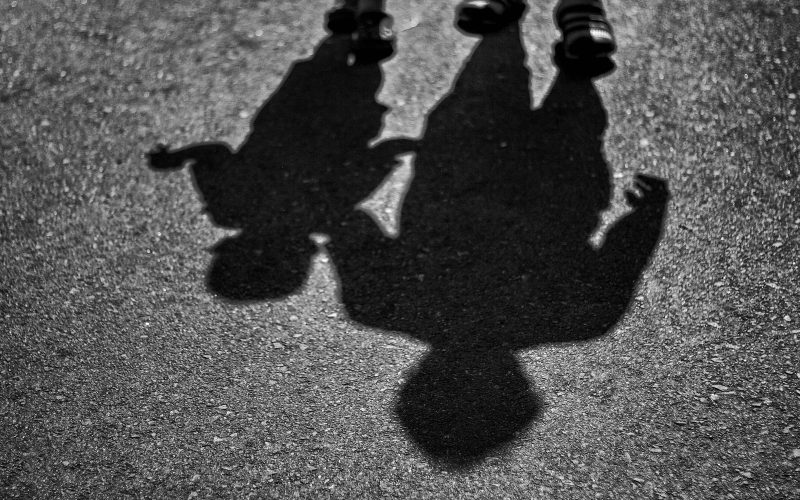


Albert Samaha of BuzzFeed News joins us to tell the story of his family who left a middle-class life in the Philippines only to question whether leaving was the right decision after all.
Read more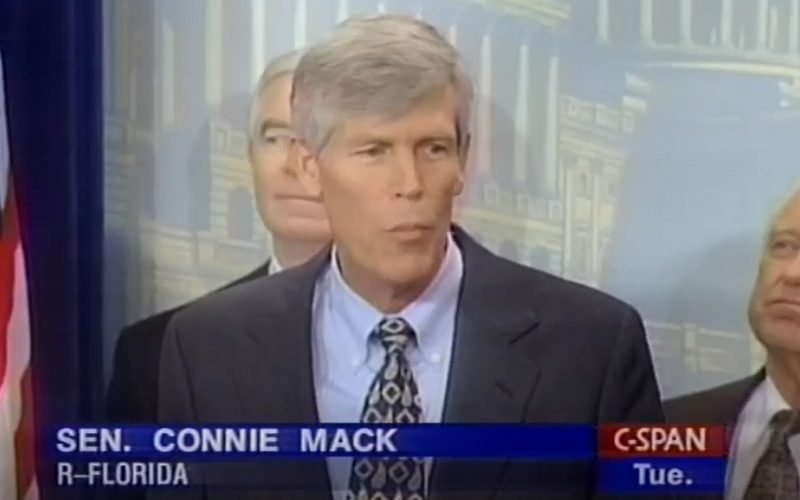
Senator Connie Mack joins us to discuss his years as a Reagan Republican, the social changes he pushed for, and the personal tragedy that led him to seek office in the first place.
Read more
Patrick Wyman, host of the Tides of History podcast, joins us to discuss the more salt-of-the-earth millionaires – whose wealth is derived from familial assets and low-wage workers – and the power they have over their local communities.
Read more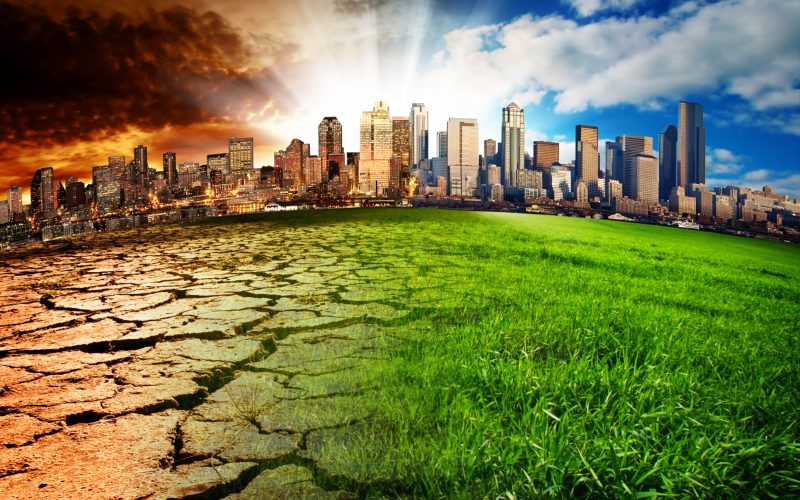
Katharine Hayhoe, chief scientist of The Nature Conservancy, joins us to discuss strategies for talking about climate change and how to connect to skeptics by finding shared values.
Read more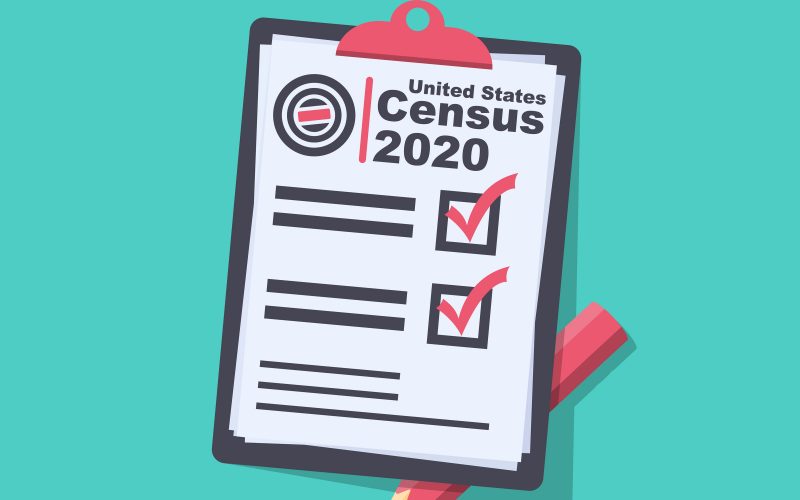
NPR’s Hansi Lo Wang joins us to explore what the latest numbers say about the country’s racial makeup – and how this snapshot of America drives everything from federal spending to representation in Congress.
Read more
Al Tompkins of the Poynter Institute for Media Studies joins us to discuss ethics in an ever-polarized media landscape.
Read more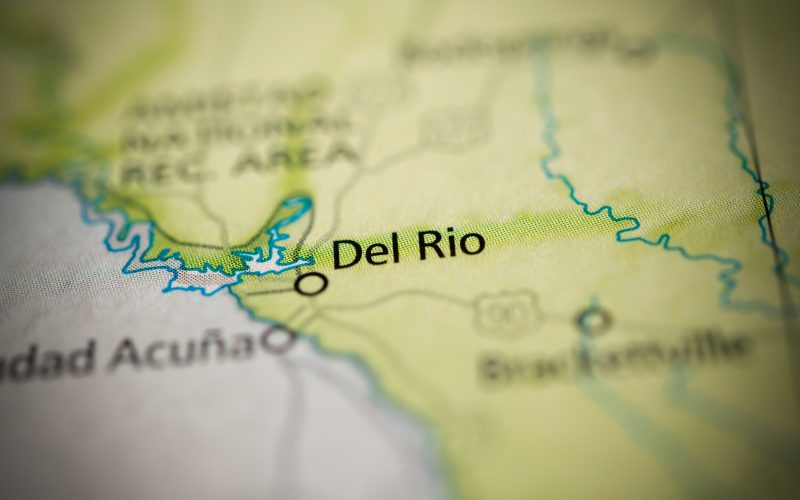
Alfredo Corchado is a correspondent for The Dallas Morning News who covers the border, and he joins us to talk about the situation – and the realities of immigration and life along the border amid ever-shifting policies.
Read more
Michele Bratcher Goodwin is a chancellor’s professor at the University of California, Irvine and founding director of the Center for Biotechnology and Global Health Policy, and she joins us to talk about how weaponizing the citizenry takes a cue from the Fugitive Slave Acts, and how the practice might affect liberty today.
Read more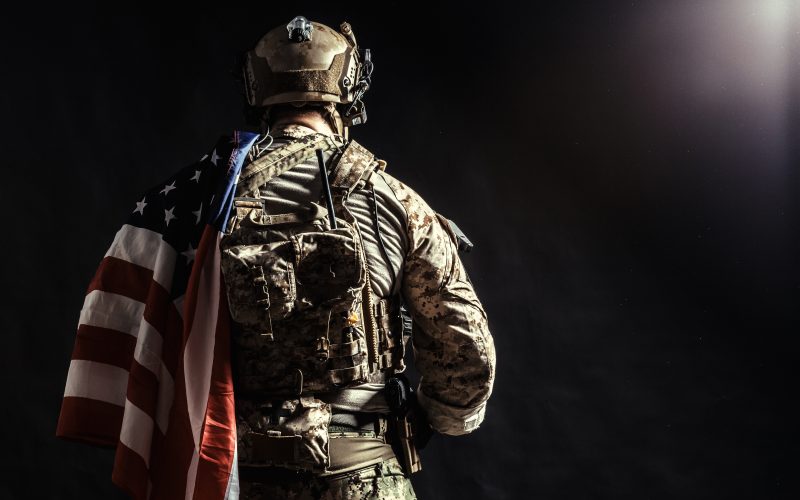
Elliot Ackerman is a former U.S. Marine and intelligence officer, and he joins us to talk about what warfare looks like today, the increasing military-civilian divide, and what the wars in Afghanistan and Iraq have cost America beyond dollars and lives lost.
Read more
Krystale E. Littlejohn, assistant professor of sociology at the University of Oregon, joins us to discuss why cis-gendered women are expected to prevent pregnancies, and how that reality underscores the gendered role of labor in America.
Read more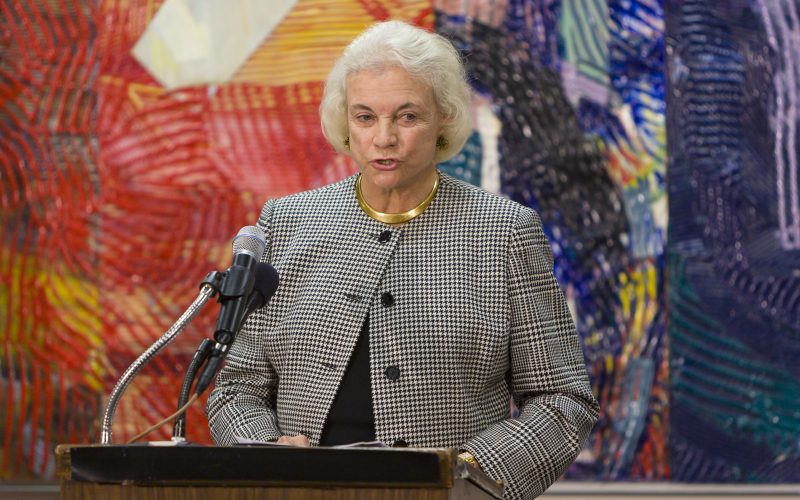
Filmmaker Michelle Ferrari joins us to discuss the life and career of Sandra Day O’Connor, a nominee of President Ronald Reagan who became a critical swing vote on historic issues of race, gender and reproductive rights.
Read more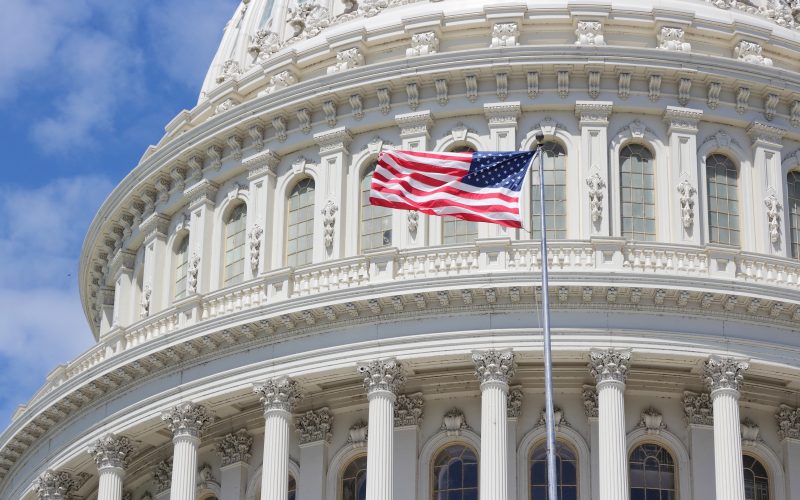
David Fontana is the Samuel Tyler Research Professor at George Washington University Law School, and he joins us to talk about how when members of Congress are forced to choose between the people they represent and what their party and donors want.
Read more